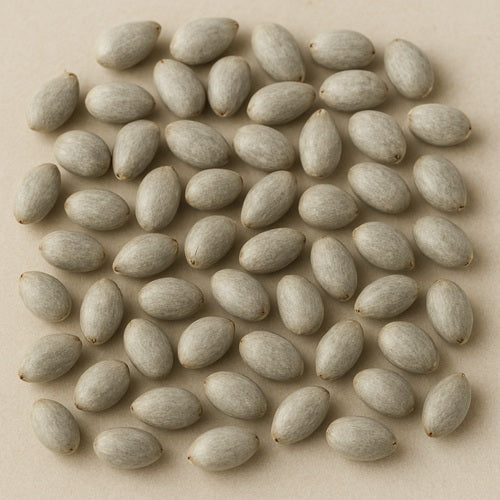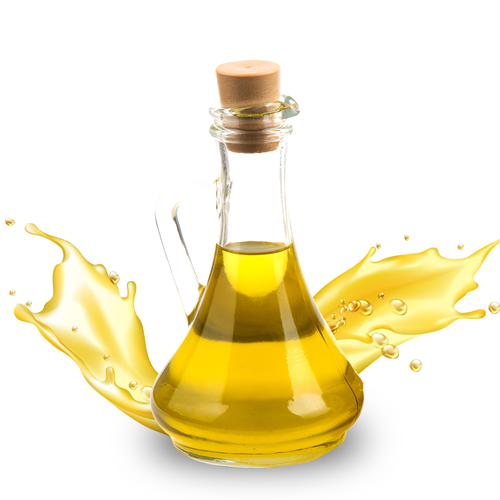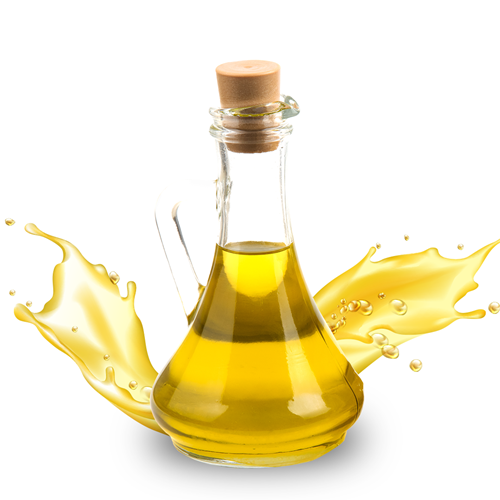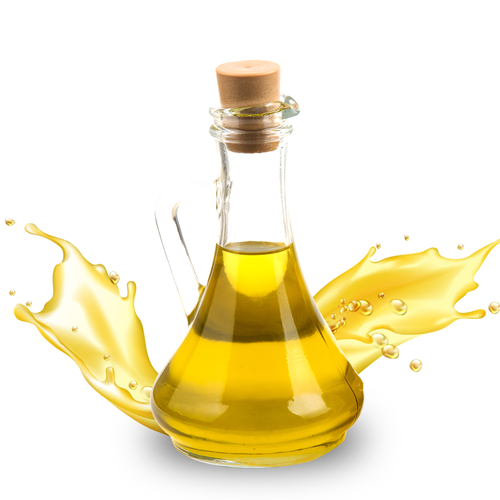Menu
Add description, images, menus and links to your mega menu
A column with no settings can be used as a spacer
Link to your collections, sales and even external links
Add up to five columns
Add description, images, menus and links to your mega menu
A column with no settings can be used as a spacer
Link to your collections, sales and even external links
Add up to five columns
LOOKING FOR BULK INGREDIENTS PRICING?

Benefits of Cotton seeds - Wholesale B2B Bulk Suppliers in USA
Cotton Seeds: The Foundation of Natural Fiber and Agricultural Versatility
Cotton Seeds are the cornerstone of one of the world’s most important crops—cotton. Beyond producing the soft, breathable fiber used in textiles, cotton seeds also serve as a valuable source of oil, animal feed, and bio-based products. With a legacy rooted in ancient agriculture and a continued role in modern industry, cotton seeds are more than just the starting point of cotton bolls—they are a multipurpose agricultural asset.
Botanical Profile
-
Botanical Name: Gossypium spp.
-
Family: Malvaceae
-
Plant Part Used: Seeds
-
Color: Brown to black, covered with white lint
-
Common Names: Cottonseed, Gossypium seeds
Seed Characteristics
Cotton seeds are small, oval, and typically encased in a fibrous coat of white cotton lint. After ginning (the removal of fiber), the seeds can be used for propagation or processed into several useful by-products including cottonseed oil, cottonseed meal, and hulls.
Major Uses and Benefits of Cotton Seeds
-
Textile Industry Origin
Cotton seeds give rise to the cotton plant, whose fiber is spun into yarn and woven into fabrics. Cotton remains one of the most widely used natural fibers, known for its softness, breathability, and sustainability. -
Cottonseed Oil Production
Extracted from the seed, cottonseed oil is used in cooking, salad dressings, snacks, and processed foods. It's high in polyunsaturated fats and has a neutral flavor, making it a common choice for culinary applications. -
Livestock Feed
After oil extraction, the remaining cottonseed meal is rich in protein and commonly used in feed for cattle, sheep, and goats. It supports animal growth and contributes to efficient farm cycles. -
Organic Fertilizer and Composting
Cottonseed meal also works as a natural nitrogen-rich fertilizer, improving soil fertility and boosting the growth of crops without chemical inputs. -
Industrial Applications
Cottonseed by-products are used in cosmetics, soaps, personal care items, and even in the production of plastics, adhesives, and rubber substitutes.
Cultivation and Propagation
Cotton seeds thrive in warm climates with well-drained soil and full sunlight. Once planted, they germinate in 7–10 days and grow into bushy plants that produce cotton bolls. Modern agriculture utilizes hybrid and genetically modified (GM) cotton seeds to increase yield, resist pests, and reduce pesticide use.
Precautions and Considerations
Raw cotton seeds contain gossypol, a naturally occurring compound that can be toxic if consumed in large quantities by non-ruminant animals or humans. However, industrial processing removes gossypol to make cottonseed oil and meal safe for consumption.
Final Thoughts
Cotton seeds play a foundational role in agriculture, textiles, food production, and industrial applications. They embody sustainability, offering value far beyond the fabric they produce. From fields to factories, cotton seeds support a global chain of natural products that continues to evolve with modern science and sustainable practices.
For bulk orders and inquiries, visit Reveda - Cotton seeds
BUY ONLINE IN USA FROM REVEDA - The leading manufacturer B2B Bulk Wholesale Supplier of Cotton seeds in USA.
Also in Reveda: Health & Wellness

Benifits Of Omega-3 Fish Oil EE - 460 MG/G EPA & 180 MG/G DHA - Wholesale B2B Bulk Suppliers in USA
Read More
SUBSCRIBE NOW ...
Don't miss to get latest updates on sales, new releases and promotions

